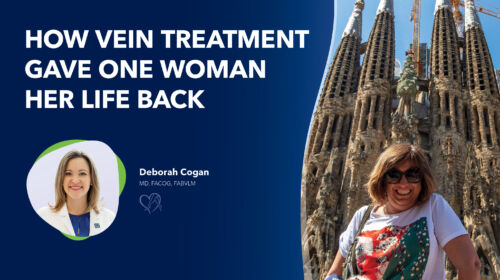
How Vein Treatment Gave One Woman Her Life Back
After years of living with painful, swollen legs, one woman found freedom through minimally invasive vein treatment at Center for Vein Restoration. In this inspiring story, board-certified vein specialist Dr. Deborah Cogan explains how diagnosing and treating chronic venous insufficiency (CVI) restored her patient’s comfort, confidence, and quality of life. Learn how modern outpatient vein treatments can relieve leg pain, improve circulation, and help you get back to doing what you love—pain-free.
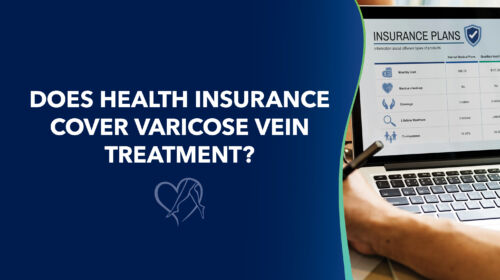
Is Varicose Vein Treatment Covered by Health Insurance?
Health insurance often covers varicose vein treatment when it’s medically necessary, not just cosmetic. This blog breaks down what insurers look for, which procedures qualify, and how your FSA or HSA can help you save on care. Discover how Center for Vein Restoration’s insurance specialists simplify the process so you can focus on feeling better, not paperwork.
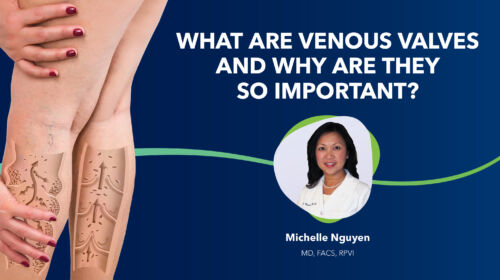
What Are Venous Valves and Why Are They So Important?
Your vein health depends on the tiny venous valves that keep blood flowing upward toward your heart. This medically-reviewed blog explains how these one-way structures prevent varicose veins, leg pain, and swelling, and what happens when they fail. Learn how modern, minimally invasive vein treatments can restore healthy circulation and keep your legs feeling light and strong.
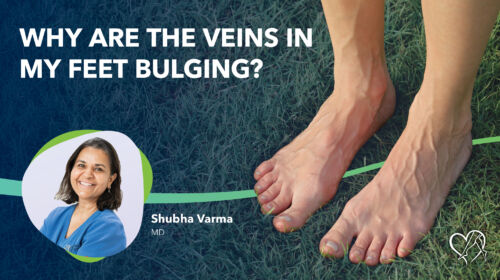
Why Are The Veins in My Feet Bulging?
Bulging veins in the feet can look alarming, but while some are harmless, others may point to vein disease such as varicose veins or chronic venous insufficiency. This blog, medically reviewed by Center for Vein Restoration vein physician, explains what causes foot veins to bulge, how common the problem is, and when it may require medical attention. Readers will also find self-care tips, warning signs to watch for, and clear reasons why CVR’s board-certified vein specialists are trusted leaders in vein health nationwide.

Is Your Leg Pain Linked to Vein Disease? Here's What You Need to Know
Leg pain is a normal problem that most people will have at some point in their lives. But leg pain that doesn't go away or keeps coming back may be more than just the result of a hard workout. It can be an early sign of underlying vein disease.

Expert Vein Care Now Available in Wilmington, Delaware. Welcome, Dr. Jung!
If you’re struggling with varicose veins, spider veins, or chronic leg swelling, relief is now available in Wilmington, Delaware. Center for Vein Restoration, the nation’s leader in vein health, now offers expert care in Wilmington, Delaware, with fellowship-trained vein specialist Dr. Ki Jung. Dr. Jung treats patients with venous insufficiency, leg pain, swelling, and visible veins using minimally invasive, outpatient procedures performed right in the office.
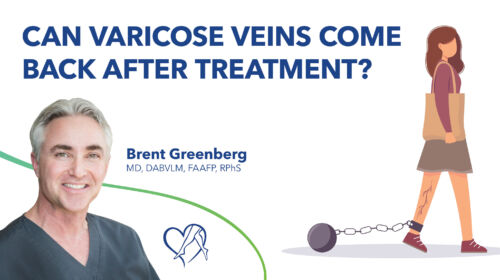
Can Varicose Veins Come Back After Treatment?
Can varicose veins come back after treatment? The answer may surprise you. In this expert-reviewed blog, Center for Vein Restoration explores why new varicose veins can develop after procedures like sclerotherapy or laser ablation, and what you can do to prevent recurrence. Learn about chronic venous insufficiency (CVI), long-term management tips, and how to partner with a vein specialist to keep your legs healthy for life. Whether you’re noticing new symptoms or planning a follow-up, this guide is essential reading for anyone living with vein disease.

Can You Use Castor Oil to Treat Varicose Veins?
Varicose veins aren’t just a cosmetic issue; they can actually cause aches, swelling, and even lead to leg ulcers. While there are solid medical treatments available, some people are turning to natural options like castor oil. But does it really help? We take a closer look at what the science says.
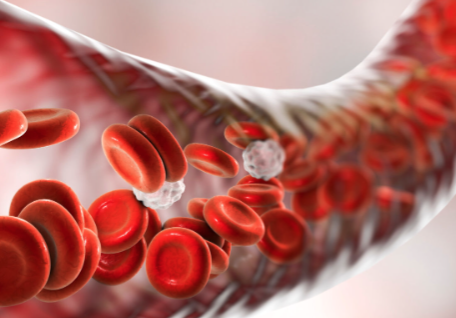 About Vein Disease
About Vein Disease
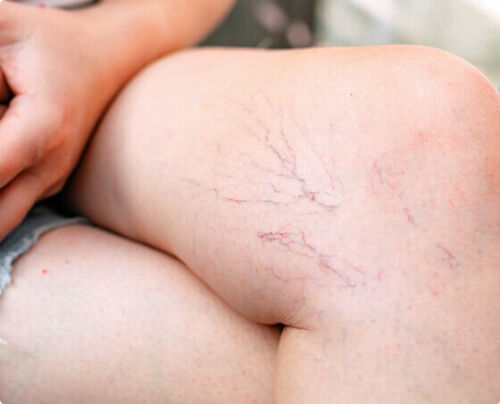 Spider Veins
Spider Veins
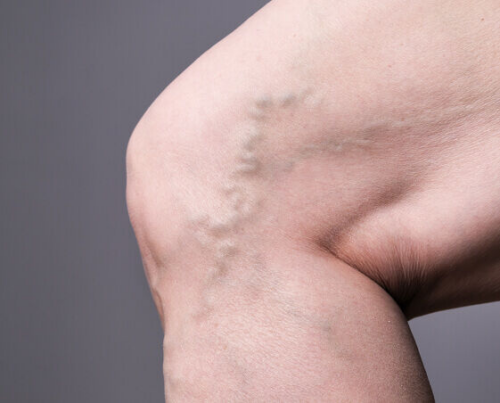 Varicose Veins
Varicose Veins
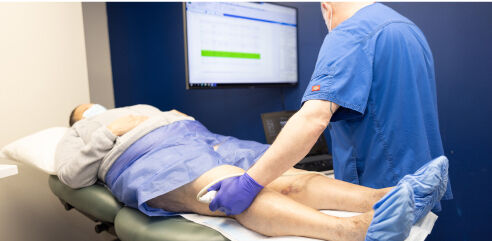 Vein Disease Treatments
Vein Disease Treatments
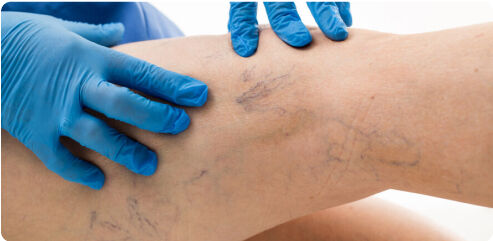 Treating Spider Veins
Treating Spider Veins
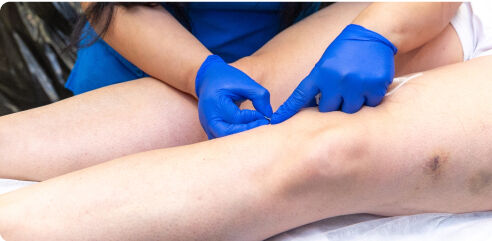 Treating Varicose Veins
Treating Varicose Veins
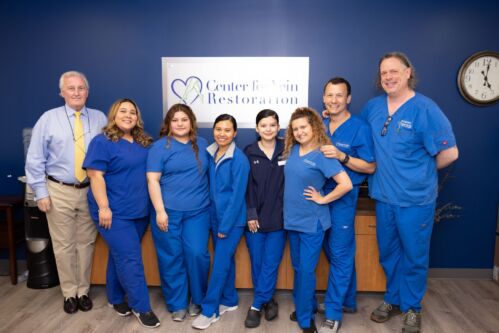 About Us
About Us
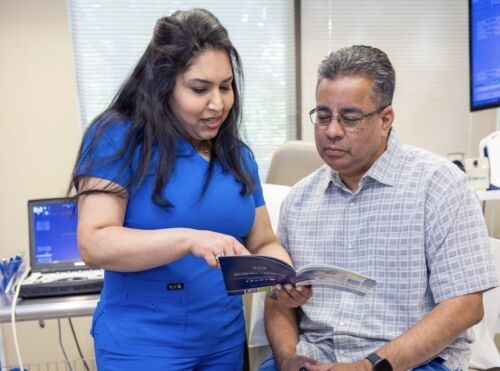 Patient Resources
Patient Resources
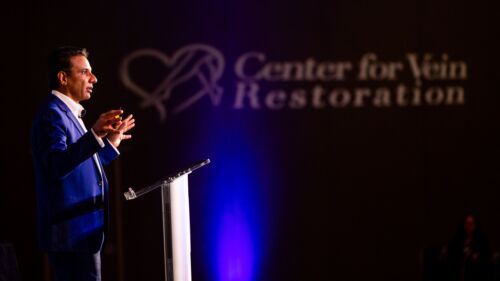 Physician Resources
Physician Resources

